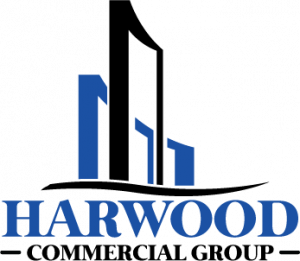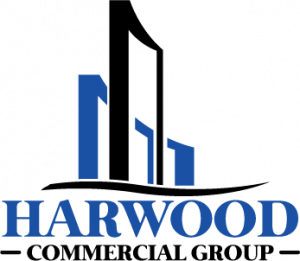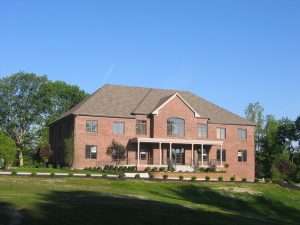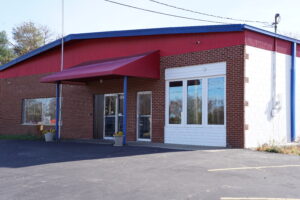Efficient Strategies for Managing Commercial Property Expenses and Optimizing Operational Costs
Owning and managing a commercial property comes with a plethora of responsibilities, one of the most crucial being the efficient management of expenses and operational costs. Whether you are a property owner, investor, or a property manager, implementing smart strategies to reduce expenses and optimize operational costs can significantly impact the property’s overall profitability and long-term success. In this article, we will explore some key tips and practices to achieve financial efficiency in commercial property management.
- Conduct a Thorough Expense Analysis:
The first step in managing commercial property expenses is to conduct a comprehensive expense analysis. Identify all costs associated with the property, including utilities, maintenance, insurance, property taxes, and management fees. Categorize the expenses to gain a clear understanding of where the majority of the funds are allocated. This analysis will serve as a foundation for developing a budget and setting targets for cost optimization.
- Regular Maintenance and Inspections:
Neglecting regular property maintenance can lead to higher expenses in the long run. Preventive maintenance not only ensures the property remains in good condition but also helps identify potential issues before they escalate into costly repairs. Implement a proactive maintenance plan and conduct regular inspections to catch any problems early on.
- Energy Efficiency Measures:
Energy costs can be a significant portion of a commercial property’s expenses. Embrace energy-efficient practices by upgrading to LED lighting, installing programmable thermostats, improving insulation, and using energy-efficient appliances. Such measures may require upfront investment but will lead to substantial savings over time.
- Implement Technology and Automation:
Integrate property management software and automation systems to streamline processes and reduce human errors. These technologies can handle tasks such as rent collection, tenant communication, and maintenance scheduling, thus improving operational efficiency and saving time and resources.
- Negotiate Vendor Contracts:
Consolidate vendor contracts and negotiate better terms to secure discounted rates. Building strong relationships with suppliers and service providers can lead to better deals and long-term cost savings. Regularly review contracts to ensure they remain competitive and align with the property’s requirements.
- Tenant Relations and Retention:
Maintaining positive tenant relationships is crucial for minimizing vacancy rates and associated expenses. Engage with tenants regularly, promptly address their concerns, and strive to provide excellent customer service. Happy tenants are more likely to renew their leases, reducing turnover costs and ensuring a steady cash flow.
- Consider Outsourcing:
In some cases, outsourcing certain property management functions may prove cost-effective. For instance, hiring a professional property management company can efficiently handle day-to-day operations, tenant screening, and property marketing, saving the property owner valuable time and resources.
- Monitor and Adjust the Budget:
Creating a budget is essential, but regularly monitoring its performance is equally crucial. Track actual expenses against the budget and identify any deviations. This allows you to make timely adjustments, control costs, and optimize financial planning for the future.
- Evaluate Capital Expenses Wisely:
When considering major capital expenses or upgrades, conduct a thorough cost-benefit analysis. Evaluate how the investment will impact the property’s value, appeal to tenants, and contribute to long-term savings. Strive to strike a balance between necessary improvements and budgetary constraints.
Effectively managing commercial property expenses and optimizing operational costs requires a proactive and strategic approach. By analyzing expenses, embracing energy efficiency, leveraging technology, and nurturing tenant relationships, property owners and managers can achieve financial efficiency and boost the overall profitability of their commercial properties. Regular monitoring and adaptation to changing market conditions will ensure that the property remains competitive and financially sustainable for years to come.





